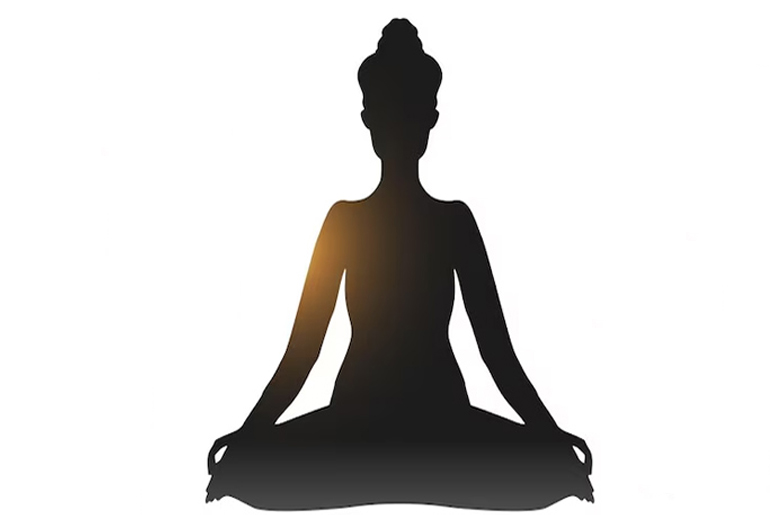Yoga’s popularity has seen a significant increase in recent years, with participation in the U.S. growing nearly 50 percent from 23.3 million to 34.4 million people between 2012 and 2021. The benefits of regular practice are wide-ranging, including pain relief, increased strength and flexibility, stress reduction, better breathing, weight management, improved cardiovascular health, enhanced circulation, and a more balanced mood. While most yoga practices focus on strength, flexibility, and breath work to support mental and physical well-being, they can vary greatly from gentle, restorative sessions to intense, sweat-inducing workouts. With many different styles to choose from, yoga offers options for everyone, and it’s time to dispel common myths that may have been holding you back from trying it.
Debunking Common Myths About Yoga
- I’m Not Flexible Many people assume yoga is only for flexible individuals, but flexibility is not a prerequisite for starting a yoga practice. According to Samantha Clayton, a certified yoga instructor, yoga helps increase flexibility and mobility over time. Everyone starts somewhere, and each pose can be modified to fit personal flexibility levels. Most people see improvements in flexibility within three to four weeks of consistent practice.
- I Have Back Pain Back pain doesn’t disqualify you from practicing yoga. Samantha Parker, a yoga therapist and exercise physiologist, emphasizes that yoga can be modified for almost any medical condition, including back pain. If you have a health condition, always consult your doctor first, and inform your yoga instructor so they can offer modifications tailored to your needs.
- I’m Concerned the Spiritual Side Will Conflict With My Religious Beliefs Although yoga has cultural ties to Hinduism and Buddhism, it doesn’t require a specific set of religious beliefs. Yoga can be practiced in a secular way, focusing solely on the physical aspects. If spirituality doesn’t resonate with you, seek classes or instructors that emphasize the physical practice of yoga without incorporating spiritual teachings.
- Yoga Is for Women While women make up a significant portion of yoga practitioners, yoga is beneficial for everyone. Yoga improves joint mobility, core stability, posture, and muscular control, helping both men and women across various fitness activities, from weightlifting to running. Yoga strengthens stabilizing muscles that other workouts may overlook.
- Yoga Is Just Glorified Stretching While stretching is an integral part of yoga, it’s much more than that. Yoga builds strength, too. Many yoga movements involve holding your body weight as resistance, which enhances muscular strength and endurance. Studies have shown that yoga improves cardiovascular endurance, muscular strength, and flexibility.
- I Don’t Have Lots of Spare Time for Yoga Finding time for yoga doesn’t have to be difficult. Even short sessions of yoga can offer benefits like stress relief, mood improvement, and increased physical fitness. You can incorporate yoga into your daily routine with simple stretches or a few Sun Salutations, which can fit into even the busiest schedules.
- Yoga Will Get in the Way of Other Types of Training Yoga can actually complement other physical activities rather than interfere with them. The flexibility and mobility yoga provides can enhance performance in strength training and cardio. Moreover, yoga aids in active recovery, helping muscles recover and reducing the risk of injury. Choose a yoga practice that suits your training focus, whether it’s flexibility for strength training or strength-building for cardiovascular activities.
By addressing these myths, it becomes clear that yoga can be adapted to fit a wide range of fitness levels, health conditions, and lifestyles. It’s a versatile practice that offers both physical and mental benefits, making it accessible to anyone.
Disclaimer:
The information contained in this article is for educational and informational purposes only and is not intended as a health advice. We would ask you to consult a qualified professional or medical expert to gain additional knowledge before you choose to consume any product or perform any exercise.







